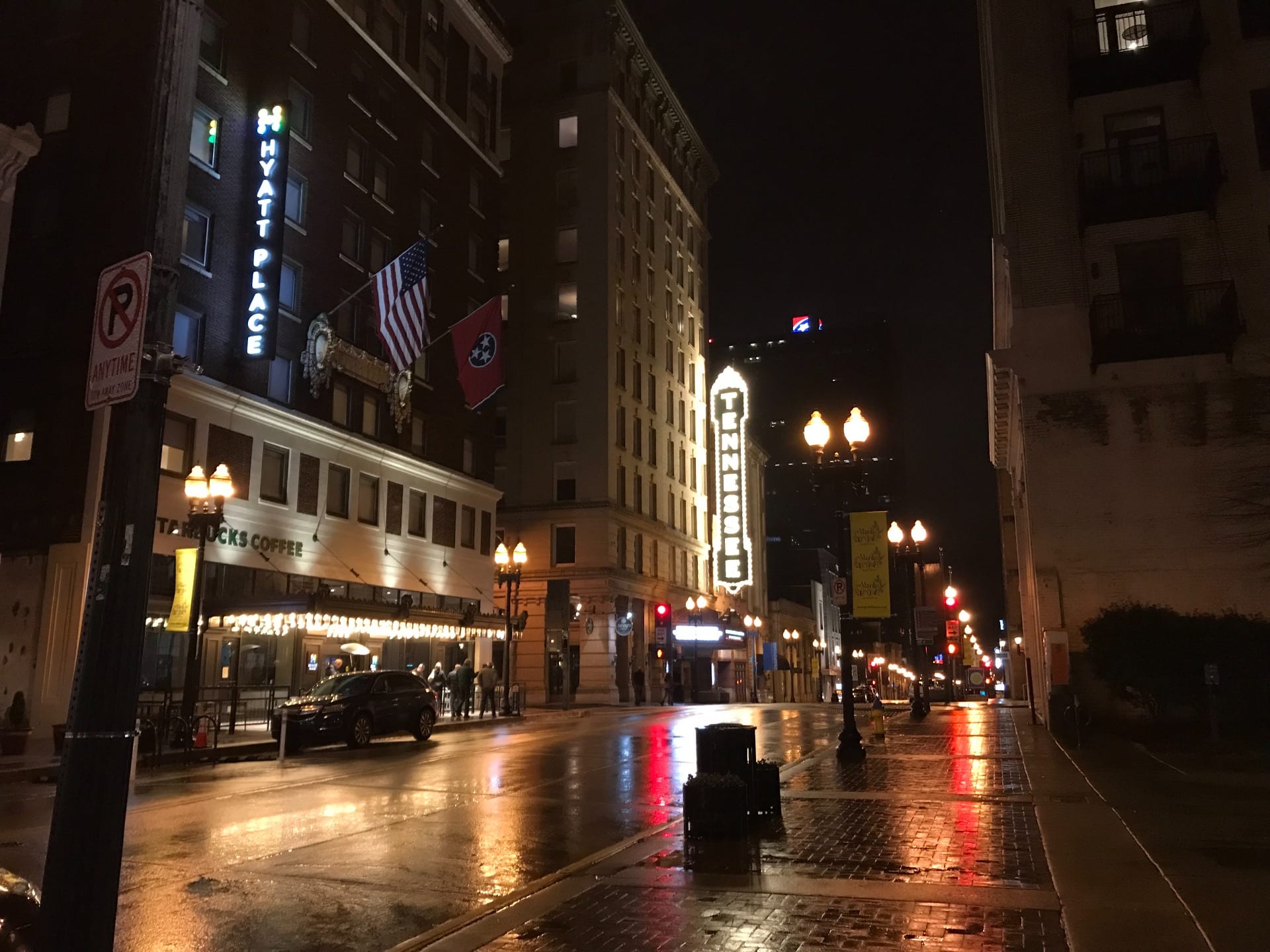Travel Diary: the Tennessee Undergraduate Classics Research Conference
By Rachel Winicov
Earlier this semester I had the opportunity to experience the study of Classics outside the walls of Penn. With the support of the Penn College of Arts and Sciences Travel Grant program and the University of Tennessee Knoxville Classics Department, I traveled to Knoxville, TN on February 22nd, for the Eighth Annual Tennessee Undergraduate Classics Research Conference (TUCRC).
The TUCRC is the largest of such gatherings in the United States. Undergraduates from eighteen different colleges came together at the Howard H. Baker Center at the University of Tennessee Knoxville to share their research in the field of Classical Studies, from archeology to religion to modern cinematic receptions.
While the lecture series of TUCRC took place on Saturday, February 23rd, the days before and after were spent informally sharing knowledge and passion for the ancient world. I had a particularly fascinating conversation with Tennessee professor Stephen A. Collins-Elliott. Dr. Collins-Elliott, a leader on the application of advanced math to archeology, explained the complexities of set theory so clearly, I almost felt as though I could join him and analyze small finds quickly and efficiently.
TUCRC was organized by a student committee at the University of Tennessee at Knoxville. The selected 27 student presenters each delivered 15 minute talks, followed by a round of questions. I gave my presentation, “My God is Better than Yours: Late Antique Roman Religion,” during the morning round of lectures.
In my presentation, I juxtaposed an archaeological and a textual artifact from Late Antiquity to analyze the role of religion in the age of early Christianity. Specifically, I examined the records from Dura-Europos, a small garrison town in modern day Syria in contrast with Augustine’s Confessions.
My results shocked the audience, especially Tennessee professor Dr. Christopher Craig. I posited that religion, as demonstrated through the evidence of many Late religious options, was less important because of its exact theology and more important as a tool for hope in an unstable political era. Dr. Craig chuckled at this hypothesis and urged me to think about the personal relationship individuals have with God, a topic I am now researching.
Due to the simultaneous scheduling of speeches I did not get to see all my other peers’ talks, but the ones I did attend were fantastic. Lauryn Hanley of the University of Texas presented “Weaving Wars in the Iliad,” an examination on the role of women and the act of weaving in Homer. Her talk fit well with the keynote given by Dr. Stephanie McCarter of Sewanee: The University of the South, whose talk “Translating Ovid in the Age of #MeToo” delineated the delicate norms translators often fall prey to and argued for more female-representative translations.
In all, the conference presented me with a unparalleled opportunity to interact with other young classicists. It cemented my interest in research, especially in the ancient world, and broadened my perspective to considering race, gender and modern times when studying the past. Thank you to Professor Ker and the Penn Classics Department for giving me this opportunity!


